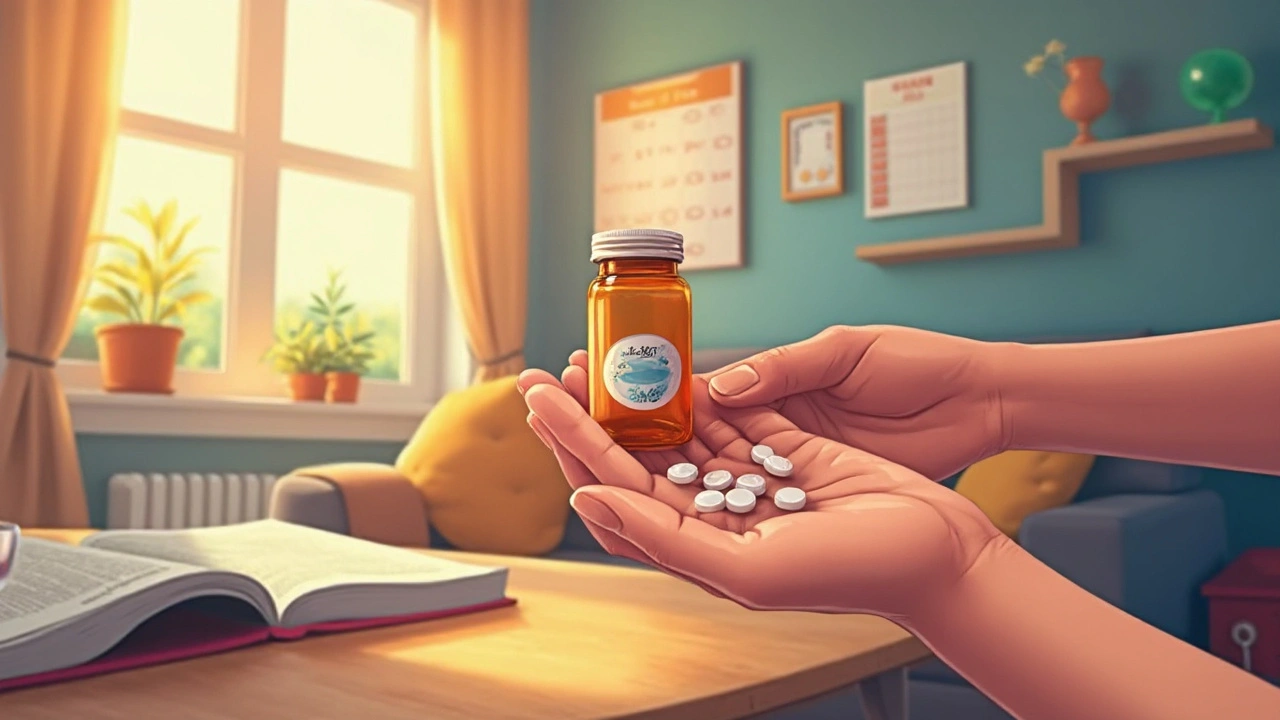
If you’re dealing with a herpes flare‑up, the first thing you want is relief – fast. The good news is there are clear, proven steps you can take right now to shrink sores, cut pain, and lower the chance of spreading the virus.
Start treatment as soon as you notice the first tingling or redness. Early action shortens the outbreak and makes the next one milder. Keep a symptom diary – note the day you feel the prodrome, when the blisters appear, and how long they last. This helps you and your doctor see which approach works best for you.
The most reliable way to stop a herpes episode is an antiviral pill. The three main drugs are acyclovir, valacyclovir, and famciclovir. They block the virus from replicating, so the sores clear up in 3‑7 days instead of 10‑14.
Typical dosing for a first‑time outbreak is:
For frequent outbreaks, doctors may suggest a suppressive regimen – a lower dose taken daily. This can cut the number of flare‑ups by 70‑80 % and also reduce transmission risk.
Side effects are usually mild – headache or nausea. If you notice a rash or severe stomach pain, call your doctor.
OTC creams like docosanol 10% or lidocaine gels can numb the area and ease discomfort. Apply them as soon as the skin feels itchy or tingly; they work best before blisters fully form.
Natural options aren’t a replacement for antivirals, but they can help soothe. Lemon balm (Melissa officinalis) ointment, zinc oxide creams, and tea‑tree oil have shown modest antiviral activity. Use a thin layer three times a day, and stop if irritation appears.
Don’t forget lifestyle tweaks. Stress, lack of sleep, and UV exposure are common triggers. Aim for 7‑8 hours of rest, manage stress with short walks or breathing exercises, and slap on sunscreen (SPF 30+) if you’re outdoors.
Diet matters too. Some people find that foods high in L‑lysine (dairy, fish, legumes) and low in arginine (nuts, chocolate) keep outbreaks at bay. You don’t need a strict plan, just a balanced intake.
Safe sex practices are key. Use condoms or dental dams, especially during an active outbreak. Suppressive therapy plus barrier methods dramatically lowers the chance of passing the virus to a partner.
Bottom line: start antivirals early, keep a symptom log, and combine prescription meds with good skin care and healthy habits. With this toolbox you’ll see fewer sores, less pain, and more confidence in daily life.